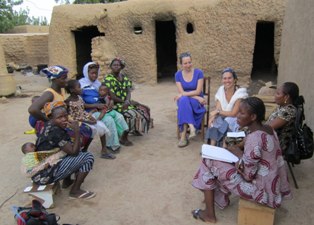MDR-TB Crisis is a Key Concern at the 67th World Health Assembly
By Tara Ornstein (TREAT TB Technical Officer at The International Union Against Tuberculosis and Lung Disease) Twenty years after the World Health Organization declared tuberculosis (TB) a global public health emergency, one-third of the world’s population is infected...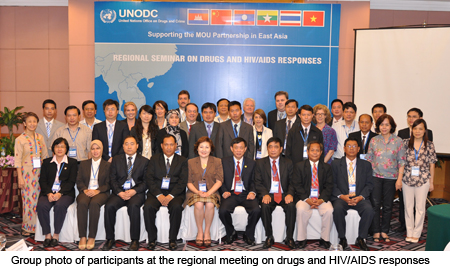
Regional HIV/AIDS Work: An Added Value?
Regional HIV-AIDS Work- An Added Value Peris S. Jones and Siri B. Hellevik Regional level responses to HIV/AIDS have become increasingly in vogue. Beyond the symbolism and established truisms associated with regional integration, however, much less is known about the...
The 2012 Republican Primaries, American Conservatism, and Global Health – David Fidler
The 2012 Republican Primaries, American Conservatism, and Global Health David P. Fidler, Contributing Blogger James Louis Calamaras Professor of Law, Indiana University Maurer School of Law I imagine that, even among this blog’s readers, global health did not come to...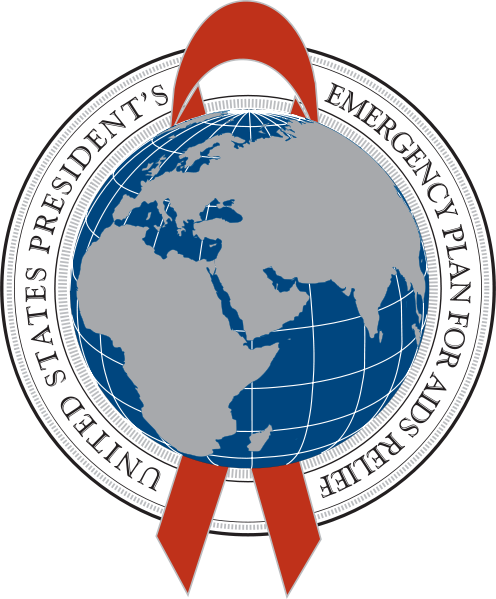
Making Aid Meaningful: An Analysis of Funding Patterns in PEPFAR I
Making Aid Meaningful: An Analysis of Funding Patterns in PEPFAR I Victoria Boggiano A major obstacle to effective foreign aid delivery is the complex bureaucracy that accompanies it. The 2003 United States (US) President’s Emergency Plan for AIDS Relief (PEPFAR),...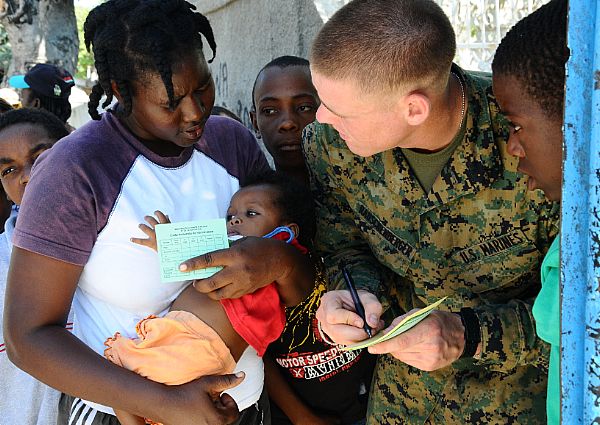
The Security Dividend: What the United States Can Obtain from Investing More in International Health Care Capacity
With their increased emphasis on soft power, both the Bush and Obama Administrations have opened up a new front in the war of ideas regarding who will have the most influence over developing countries as the world moves through the twenty-first century. Currently the political and philosophical differences between the parties of this conflict are not as starkly defined as they were in George Kennan’s historic argument for containment (i.e., there is no “Evil Empire,” and “terrorism” can be a process, act, or method, but not a state). Yet the consequences of losing this international war on poverty have been defined as no less than a tangible threat to U.S. national security interests and moral leadership. This paper narrowly focuses on one particular type of strategy in this new war—foreign aid for health—and how, by helping countries to supply and train more of their own soldiers in this type of fight (i.e., non-physician health workers and surgically trained workers) the United States can achieve the best results in terms of sustainability, cost, and regional impact.
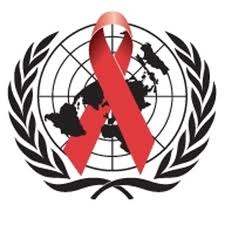
Enhancing Accountability in HIV Programs
Enhancing Accountability in HIV Programs: Lessons from the Global Fund’s First Learning Wave of National Strategy Applications Peter Godwin, Erasmus Morah, Anja Nitzsche-Bell, Alloys Orago,David Kalomba, Henk van Renterghem, Sujaya Misra, and Michael Karangwa The...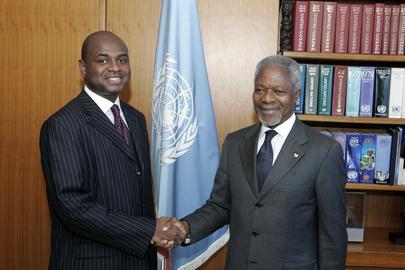
Health Aid Governance in Fragile States: The Global Fund Experience
Health Aid Governance in Fragile States: The Global Fund Experience Olga Bornemisza, Jamie Bridge, Michael Olszak-Olszewski, George Sakvarelidze, and Jeffrey V Lazarus Fragile states represent key challenges for global health governance. This study analyzes Global...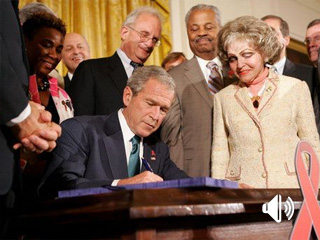
Perspectives Integrating Country Coordinating Mechanisms with Existing National Health and AIDS Structures
Perspectives Integrating Country Coordinating Mechanisms with Existing National Health and AIDS Structures: Emerging Issues and Future Directions Clare Dickinson and Nel Druce This paper analyses how countries are adapting the architecture and requirements for...
The Pipers Call the Tunes in Global Aid for AIDS
The Pipers Call the Tunes in Global Aid for AIDS: The Global Financial Architecture for HIV Funding as Seen by Local Stakeholders in Kenya, Malawi and Zambia Jerker Edström and Hayley MacGregor Much theorising about global health governance has taken a view from above...
Uncomfortable Knowledge: PEPFAR, HIV Risk Reduction and Safer Sex
Uncomfortable Knowledge: PEPFAR, HIV Risk Reduction and Safer Sex Carrie Cafaro and William J. Bicknell HIV prevention that focuses on abstinence, faithfulness and condoms (ABC) has not worked well, particularly in sub-Saharan Africa. We present the data in support of...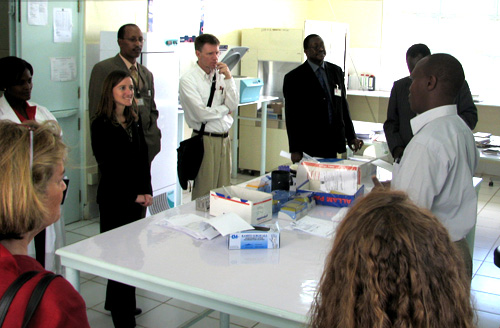
Health Worker Shortages and Inequalities: The Reform of United States Policy
Health Worker Shortages and Inequalities: The Reform of United States Policy Paula O’Brien and Lawrence O. Gostin The United States and other rich countries have done very little to address the dire global shortage of health workers. In some instances, the conduct of...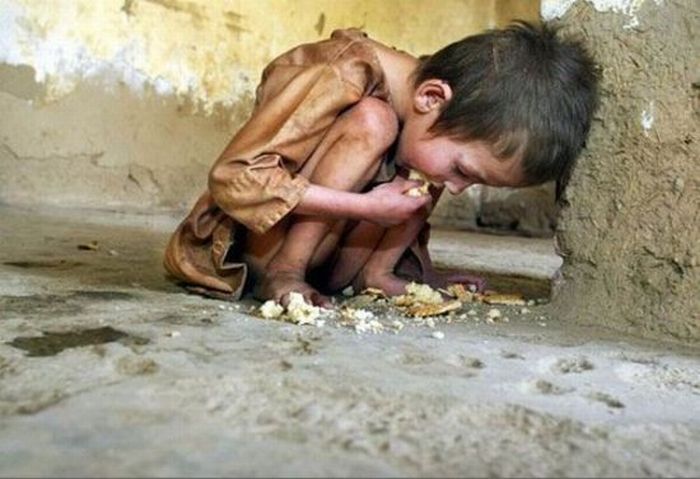
Health Care Reform that Works for the U.S. and for the World’s Poor
Health Care Reform that Works for the U.S. and for the World’s Poor Thomas Pogge Some 18 million people die annually from poverty-related causes. Insofar as present global institutional arrangements foreseeably and avoidably perpetuate this death toll, affluent...